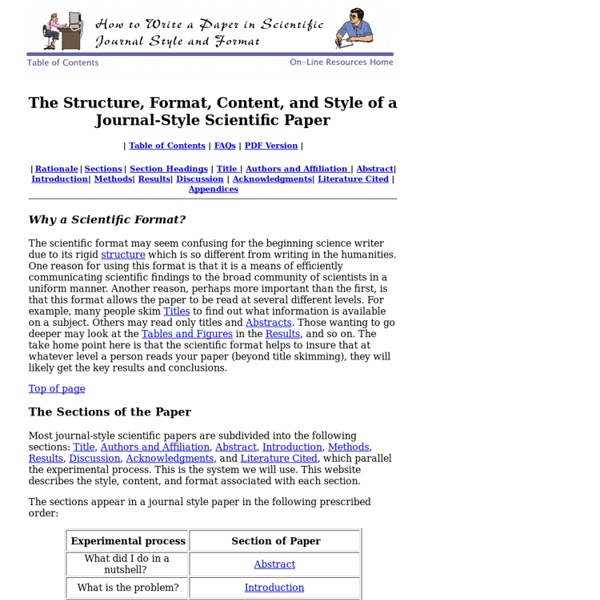6 lois à connaître pour mieux organiser son temps de travail
Nous avons beau rédiger nos planning en heures de travail, nous sommes forcés de constater qu’une heure de travail ne ressemble pas à une autre. Outre la nature de l’activité, plusieurs facteurs entrent en jeu : le stress, le plaisir, l’apprentissage, l’enrichissement personnel que l’on en tire, le niveau d’énergie, la frustration ou l’insatisfaction. En fait ce n’est pas tant la quantité de temps passée qui compte mais sa qualité. Beaucoup d’entre nous gèrent leur temps de travail de manière désastreuse. Comment s’organiser de façon à tirer le meilleur de chacune de nos heures de travail? 1. En 1949, Edouard A. Depuis, cette loi est généralement exprimée par : “si quelque chose peut mal tourner, alors cette chose finira infailliblement par mal tourner”. 2. En 1951, Sune Carlson constata dans une étude sur le travail des managers qu’ils étaient interrompus en moyenne toutes les vingt minutes. Voici plusieurs pistes pour éviter les interruptions : 3. 4. 5. 6. Crédit photo : zoutedrop
Yeditepe University Writing Center Wiki - How to Write the Methodology of a Research Paper
Skip to main content Get your brand new Wikispaces Classroom now and do "back to school" in style. guest Join | Help | Sign In Yeditepe University Writing Center Wiki Home guest| Join | Help | Sign In Turn off "Getting Started" Loading...
CNRS
Jean Rouch, l'ethnologue-cinéaste De sa rencontre avec l’Afrique, en 1941, à son dernier voyage au Niger, en 2004, en passant par son entrée au CNRS à la fin des années 1940, le parcours de Jean Rouch continue d’intriguer, de passionner, d’influencer, de susciter des vocations. Il filmait les rites de possession sans pouvoir les comprendre tout à fait, il brisait des interdits et des tabous, tant techniques que sociaux, il cherchait à faire comprendre ce qu’il voyait. Voir le dossier Exoplanètes, à la recherche de nouveaux mondes? En octobre 1995, une équipe d’astrophysiciens, dirigée par Michel Mayor et Didier Queloz à l’observatoire de Haute-Provence, détecte pour la première fois de façon formelle une exoplanète : 51 Pégasi b, un Jupiter chaud. Voir le dossier Exoplanets, the search for new worlds? Eric Karsenti, l'aventurier du vivant Éric Karsenti est le lauréat 2015 de la médaille d’or du CNRS. Voir le dossier Eric Karsenti, Explorer of the living world (English version) Voir le dossier
Organizing Your Social Sciences Research Paper -
This glossary is intended to assist you in understanding commonly used terms and concepts when reading, interpreting, and evaluating scholarly research in the social sciences. Also included are general words and phrases defined within the context of how they apply to research in the social and behavioral sciences. Acculturation -- refers to the process of adapting to another culture, particularly in reference to blending in with the majority population [e.g., an immigrant adopting American customs]. However, acculturation also implies that both cultures add something to one another, but still remain distinct groups unto themselves. Accuracy -- a term used in survey research to refer to the match between the target population and the sample. Affective Measures -- procedures or devices used to obtain quantified descriptions of an individual's feelings, emotional states, or dispositions. Aggregate -- a total created from smaller units. Causality -- the relation between cause and effect.
Introduction
Cet ouvrage n'est pas le mode d'emploi d'Internet ou de divers outils documentaires. C'est un outil de formation à l'information scientifique qui sert de support aux cours de méthodologie documentaire et de littérature scientifique de Gembloux Agro-Bio Tech (Université de Liège). Il peut largement être utilisé dans tous les enseignements et formations qui touchent à la littérature scientifique en sciences exactes et appliquées. Basé sur plus de vingt ans d'expérience, cet ouvrage a été construit par la fusion et la mise à jour des livres Méthodologie documentaire. Rechercher, consulter, rédiger à l'heure d'Internet ? Diffusé sous licence Creative Commons[], en libre accès donc, il est publié sur plusieurs supports : une version imprimée (édition des Presses agronomiques de Gembloux), un site Web, un fichier PDF et un fichier E-Pub (format livre électronique) mais avec une source (XML)[] unique et donc avec un contenu identique pour les quatre supports cités. Figure 1.
Gary Burkhart Techscicom
Au besoin, allez voir avant le chairperson pour qu'il prononce correctement votre nom. Première diapo- Titre (7 mots max) = seul élément centré des diapos de la communication. Le titre est formé de mots clés que vous lisez avec le pointeur pour « coder » l'auditoire sur votre accent et votre « foutue » prononciation.- Prénom en entier, nom- Logo + développé de l'institut : en gros- Logo en 1re et dernière diapos ; s'il y a beaucoup de logos, alors dans la dernière, logos en gros, avec les remerciements.- Sur la première ou la deuxième diapo : il est sympa de localiser là où vous travaillez, avec une mappemonde et une ou deux photos du lieu. Diapo des Objectifs Les auditeurs anticipent que les Objectifs seront énoncés dans les 2 premières minutes. Si tel n'est pas le cas, expliquez votre structure. Bâtissez les objectifs en forme de question : Who, What, Where, Why When, How (many, far, often…). Questions voir ANNEXE 7 Faites poser les questions par un allié.



